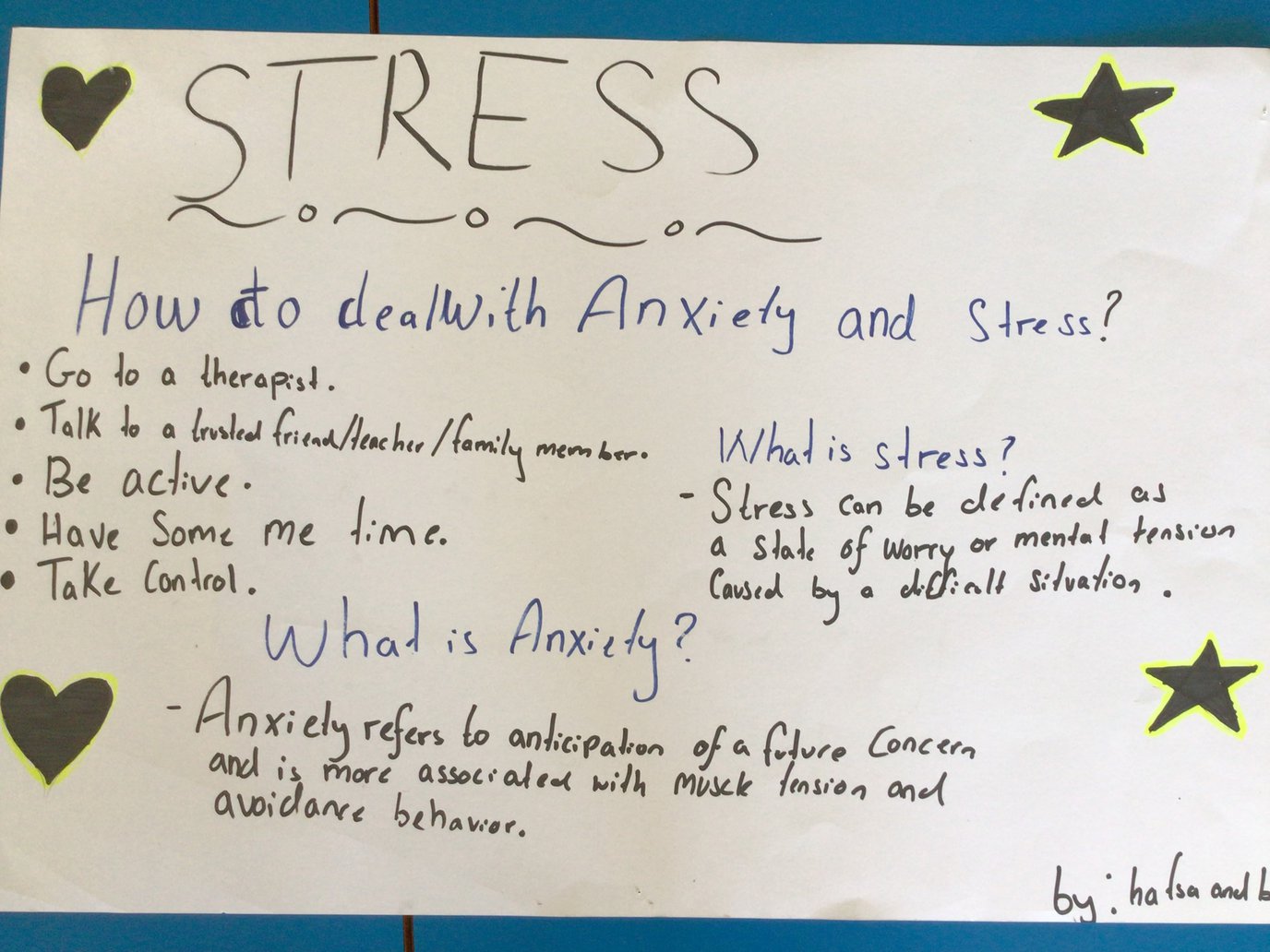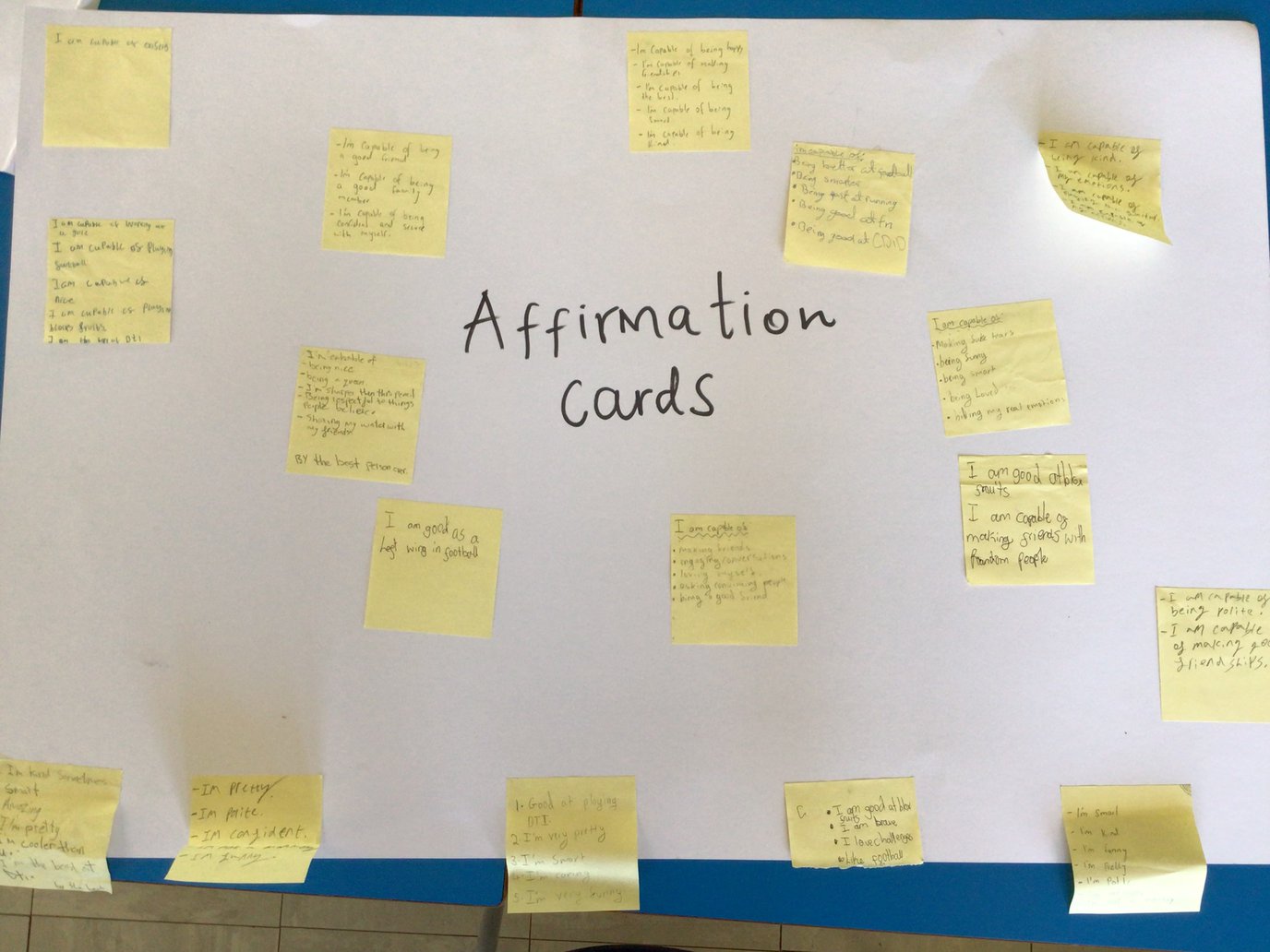KS3 PSHCE

22nd November 2024
Embracing Diversity
This half term in Year 7 PSHCE, our students have explored the important topic of diversity. We began by discussing the meaning of inclusion and the impact of exclusion, touching on how these concepts can affect individuals and communities. Through open conversations, we discussed prejudice and discrimination, examining how people's differences - be it culture, colour, gender, religion or background - can be a source of strength rather than division. The lessons encouraged students to reflect on the value of respecting and embracing diversity while fostering a sense of belonging for everyone.
Linking these discussions to BMIS's core values, the students considered how to act as responsible citizens by standing against discrimination and promoting inclusion. Through scenarios, they also explored what it means to be confident Individuals who celebrate their own identities while respecting those of others. They also learned that a supportive and inclusive environment helps everyone to thrive. The students are now channelling their understanding into short skits that portray situations of inclusion and tolerance. These performances will be presented to their classmates next week, providing an opportunity for reflection and learning through fun and drama.
As we approach the festive season, it is a wonderful time to reflect on the values we have discussed - kindness, respect, and inclusion - and continue to carry them into our everyday lives.
Wishing everyone a joyful Christmas season.
Ms Simon

Understanding Emotional Wellbeing in Year 8 PSHCE
This half term in PSHCE, Year 8 students have explored the topic of emotional wellbeing. Through interactive activities, research and group discussions, students have explored various aspects of emotional wellbeing in meaningful and practical ways.
The sessions began with role-playing activities where students practised understanding and expressing emotions. These activities encouraged them to identify feelings in themselves and others, improving their empathy and communication skills. By stepping into different scenarios, students learnt how to articulate their emotions effectively, an essential skill for building strong relationships.
Students have also engaged in research sessions focused on finding out better ways of managing stress and anxiety. They explored the causes of stress, especially those common during teenage years, such as academic pressures, friendships and family dynamics. Students worked collaboratively to identify practical tips and strategies to cope with these challenges, including time management, mindfulness, and seeking support when needed.
Moving on, the lessons also focused on self-esteem and confidence. They learnt about the impact of negative thinking and how to reframe it into more positive and empowering views. Through group discussions and individual activities, they explored ways to build their self esteem, including setting realistic goals, celebrating achievements and surrounding themselves with supportive people.
As the lessons progress, students will continue to expand their understanding of emotional wellbeing by focusing on resilience, peer pressure, and coping with change. These lessons aim to prepare them for the inevitable challenges of adolescence by fostering adaptability and inner strength. Additionally, discussions will include strategies to handle difficult emotions and navigate social pressures confidently.
The emotional wellbeing topic is significant to Year 8 students, empowering them to understand themselves better and support their peers. With tools to express emotions, manage stress, and build self-esteem, students are better equipped to navigate the challenges of teenage life.
Miss Barasa


Year 9 - Setting targets and goals
Welcome to this week’s Year 9 PSHCE newsletter! Our focus is on setting targets and goals, a vital skill for personal growth and success. Whether it is academic achievements, personal ambitions, or career aspirations, knowing how to set effective goals can make all the difference.
Why Set Goals?
- Direction: Goals give us a clear sense of where we are headed.
- Motivation: They help us stay focused and energised.
- Growth: Achieving goals builds confidence and encourages us to aim higher.
SMART Goals Framework
We encourage students to use the SMART framework to set meaningful and achievable goals:
- Specific: Be clear about what you want to achieve.
- Measurable: Define how you will track your progress.
- Achievable: Make sure your goal is realistic.
- Relevant: Ensure it aligns with your values and aspirations.
- Time-Bound: Set a deadline to keep yourself on track.
Tips for Success
- Start Small: Break large goals into smaller, manageable steps.
- Stay Organised: Use planners or apps to track progress.
- Reflect and Adjust: Review your goals regularly and make changes if needed.
- Celebrate Achievements: Reward yourself for reaching milestones!
Ms Khalif





